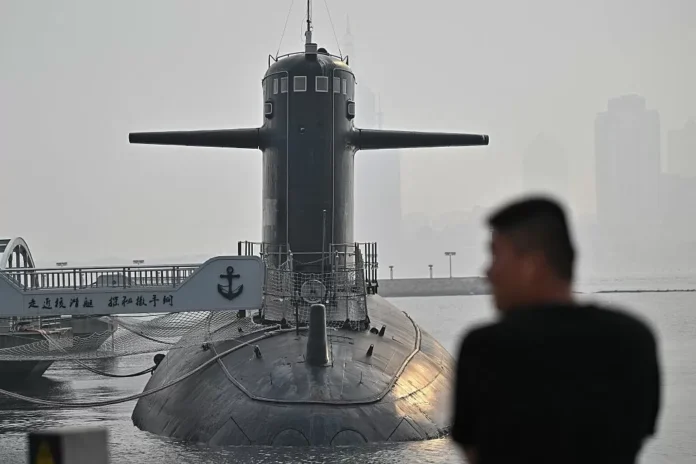Trump’s Leadership: An Obstacle and Opportunity for Beijing in the Middle East
Donald Trump’s presidency has been marked by controversial policies and unconventional leadership style. In the Middle East, his approach has been both volatile and commanding, creating a complex dynamic that could be both an obstacle and an opportunity for Beijing.
Trump’s foreign policy in the Middle East has been characterized by his “America First” ideology, which has led to a more isolationist stance and a focus on prioritizing US interests above all else. This has resulted in a withdrawal from the Iran nuclear deal, a move that has strained relations with traditional US allies in the region, including China.
However, Trump’s approach has also opened up opportunities for Beijing to expand its influence in the region. China has been quick to fill the void left by the US, particularly in economic and trade relations. This has been evident in China’s Belt and Road Initiative, which aims to improve connectivity and infrastructure across Asia, Africa, and Europe, including the Middle East.
One of the key challenges for Beijing in navigating Trump’s leadership in the Middle East is the unpredictable nature of his policies. Trump’s decision to withdraw US troops from Syria, for example, caught many by surprise and has left a power vacuum that could potentially be filled by other actors, including China. This presents an opportunity for Beijing to increase its involvement in the region and establish itself as a key player in the Middle East.
However, Trump’s volatility also poses a risk for Beijing. His unpredictable decisions and actions could lead to instability in the region, which could have a negative impact on China’s economic interests and investments in the area. The ongoing trade war between the US and China has already had a ripple effect in the Middle East, with countries like Saudi Arabia and the United Arab Emirates feeling the impact on their economies.
Moreover, Trump’s strong support for Israel has also complicated China’s relations with the Middle East. China has traditionally maintained a neutral stance on the Israeli-Palestinian conflict, but Trump’s decision to recognize Jerusalem as the capital of Israel has put Beijing in a difficult position. China has significant economic ties with both Israel and the Arab states, and any move to take sides could jeopardize these relationships.
Despite these challenges, Beijing has been proactive in its approach to the Middle East, seeking to capitalize on the opportunities presented by Trump’s leadership. China has been actively engaging with countries in the region, including those that have been at odds with the US, such as Iran. This has resulted in increased trade and investment, with China becoming one of Iran’s top trading partners.
China has also been working towards establishing itself as a mediator in the region, offering to host talks between Israel and Palestine and playing a role in the Syrian peace process. This has allowed Beijing to position itself as a key player in the Middle East, with the potential to shape the region’s future.
In addition, China’s Belt and Road Initiative has also gained traction in the Middle East, with several countries in the region signing on to the project. This has not only strengthened economic ties between China and the Middle East but also allowed Beijing to expand its political influence in the region.
However, China must be cautious in its approach to the Middle East, especially in light of Trump’s policies. Beijing’s close ties with Iran, for example, have put it at odds with the US, and any escalation in tensions between the two countries could have repercussions for China. Similarly, Beijing must carefully navigate its relationship with Israel to avoid any backlash from the US.
In conclusion, Trump’s leadership style in the Middle East has presented both challenges and opportunities for Beijing. While his policies have created an uncertain and volatile environment, they have also opened up avenues for China to increase its influence in the region. As Beijing continues to navigate this complex dynamic, it must strike a delicate balance between its economic interests and its relations with the US and other key players in the Middle East. Only then can China truly capitalize on the opportunities presented by Trump’s leadership in the region.

